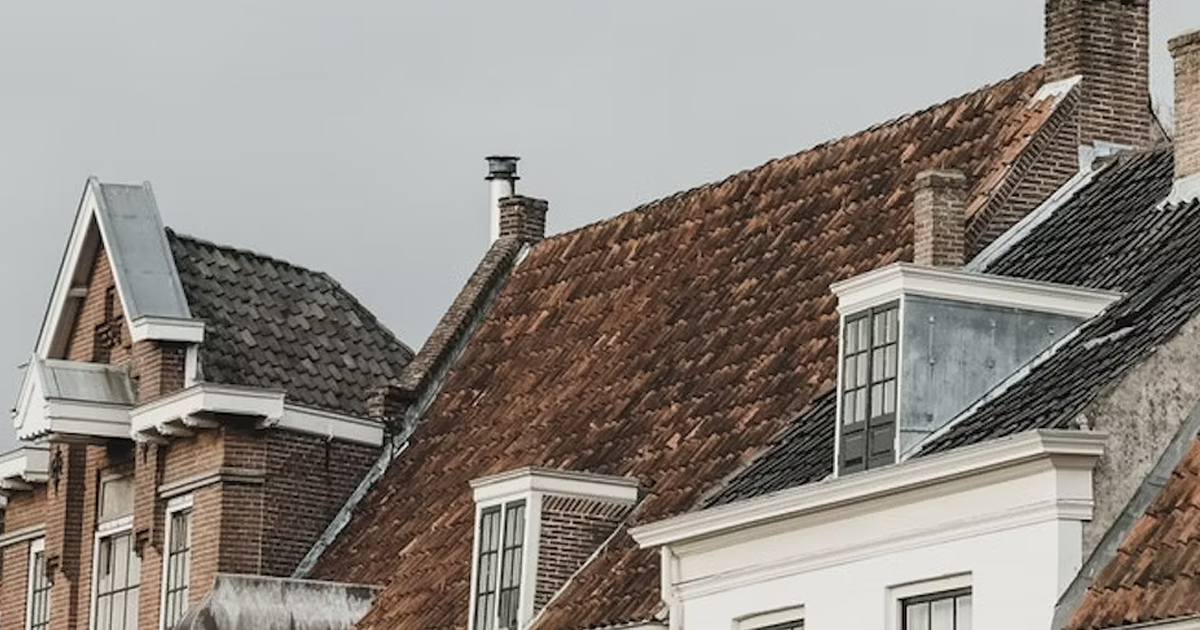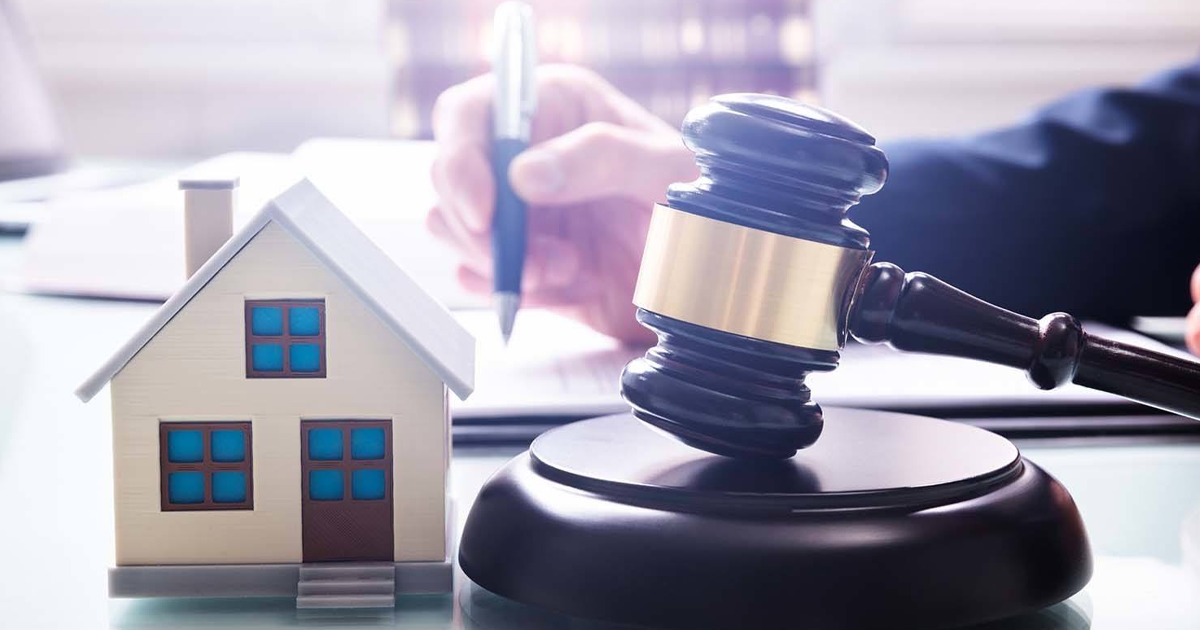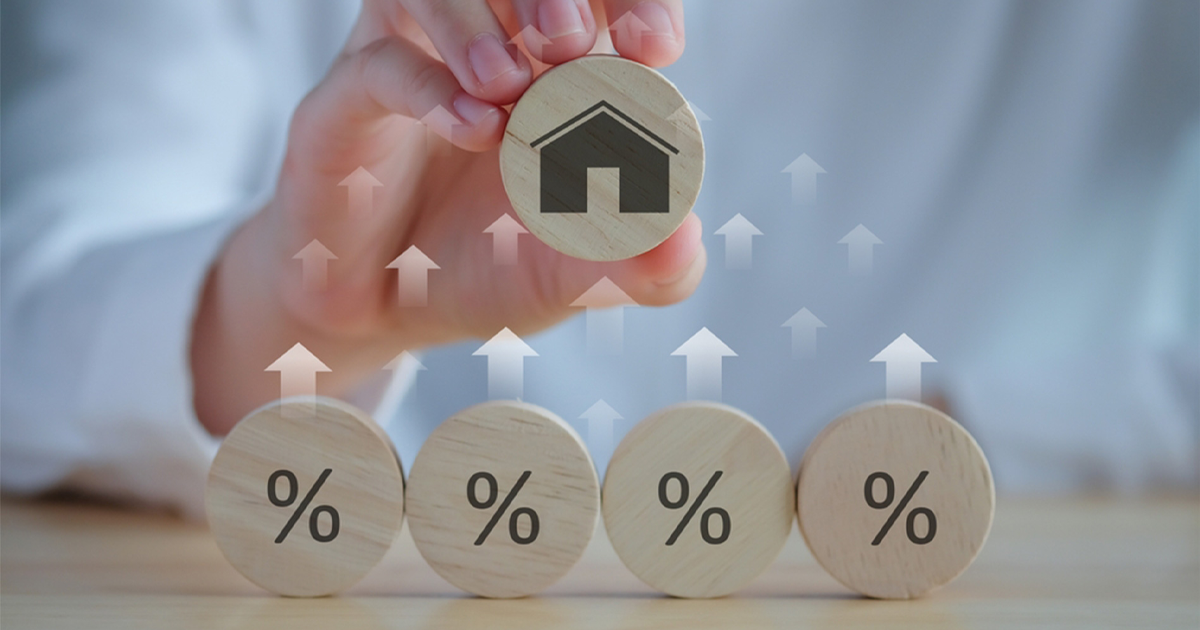🏠 How to Maintain Your Properties and Increase Longevity

As a landlord, it's important to keep your properties in good condition to ensure the longevity of your investment and attract high-quality tenants. Regular maintenance and upkeep not only protects your assets but also demonstrates your commitment to providing a safe and comfortable living space for your tenants. Here are some tips for maintaining your properties and increasing their longevity.
- Regular Inspections: Regular inspections are crucial for identifying any potential issues and addressing them before they become bigger problems. This includes checking for leaks, mould, pest infestations, and any other signs of damage.
- Regular Cleaning: Keeping your properties clean not only makes them more appealing to tenants but also helps prolong the life of your assets. This includes cleaning common areas, washrooms, and kitchens, as well as replacing worn-out flooring, tiles, and carpets.
- Routine Maintenance: Routine maintenance tasks, such as replacing air filters, checking smoke detectors, and fixing any leaks, are important for ensuring the safety and comfort of your tenants. It's also essential to keep appliances and HVAC systems in good working order to minimise the risk of breakdowns and costly repairs. You can use software such as Hub to make it easier to manage your portfolio and cut costs associated with maintenance.
- Upgrades and Improvements: Regular upgrades and improvements, such as updating kitchens, adding energy-efficient appliances, and installing new lighting fixtures, can help increase the value of your properties and attract high-quality tenants.
- Landscaping and Exterior Maintenance: The exterior of your properties should be well-maintained to create a positive first impression for potential tenants. This includes keeping the lawns mowed, the gardens weeded, and the exterior of the buildings in good condition.
- Building Relationships with Contractors: Building relationships with local contractors and vendors can help you receive timely and efficient service, as well as negotiate better rates for routine maintenance and repairs.
- Proper Insurance Coverage: Proper insurance coverage is essential for protecting your properties and your tenants in case of damage or accidents. Be sure to have adequate liability coverage and to review your policy regularly to make sure it remains current.
By implementing these best practices for maintaining your properties, you can help increase their longevity, attract high-quality tenants, and maximise your rental income. Additionally, by keeping your properties in good condition, you can reduce the risk of costly repairs and ensure a safe and comfortable living space for your tenants.


